Emergency Preparedness for Infants
As a parent, there probably isn’t anything scarier than a disaster happening and your family not being prepared. Infancy doesn’t last that long, but that doesn’t mean you shouldn’t start thinking about Emergency Preparedness for Infants. This could be your infant, your grandchildren, or your neighbor’s baby.
Emergency Preparedness for Infants
With all the chaos around a new baby, you may be tempted to skip disaster preparations for your little one, but infants are a lot more susceptible to disasters than adults or small children. With weak immune systems, needing water for formula, or even an infected wound, your infant can have devastating consequences in an emergency situation.
By having the supplies you need, you will be able to handle any situation better than if you weren’t prepared. So, I’ve compiled a comprehensive list of things you should stock and have prepared for your little one.
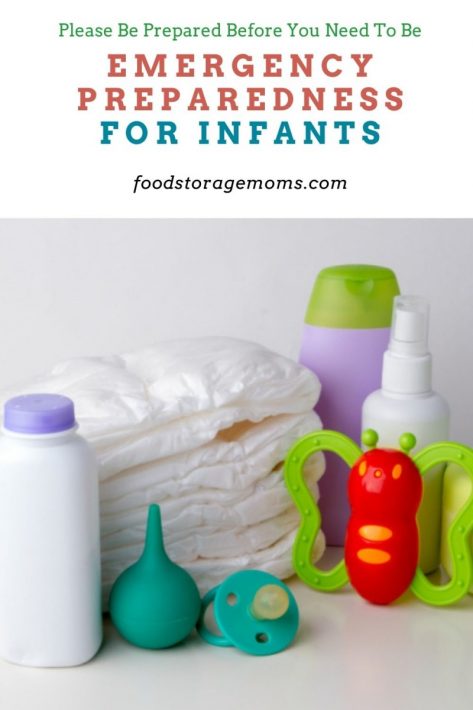
Water
According to the National Center for Biotechnology Information, you will need 1.5 liters of water per feeding for cleaning your hands and bottles. This means that if you feed your infant 8 times per day, you’ll need 3 gallons of water just for proper cleaning. Additionally, you’ll need about a gallon of water per day for an infant who is eating 8 ounces of formula at a time that’s made from a powdered formula.
Although you can sterilize water on your own, I would recommend having at least enough clean water stockpiled for 2 weeks. This means you would need 56 gallons of water just for feeding your infant if you are using powdered formula when you add the water for cleaning with the water to make the formula. You would need 42 gallons of water if you are using an instant ready-made formula that usually comes in a can.
I love WaterBricks for travel, they have a handle to grab and go. Bonus, you can stand them upright or stack them. My favorite water for drinking long-term is the BlueCans. The cheapest place to buy them is online from Brownell’s. I buy the cases-24 packs of water in a box. They stack easily behind a dresser or under beds.
Infant Formula
The easiest solution for the formula for your child is to stockpile instant formula. You don’t have to worry about mixing it with water like you would with powdered formula. So, it’s a quick and easy solution in an emergency.
However, once a large container of the instant formula is opened, you have to refrigerate it. If you can’t refrigerate it, you’ll probably have to throw it out before all the contents are used. Because of this, I would recommend stockpiling both single-serving instant formula bottles as well as powdered formula. It’s probably more expensive to purchase the instant formula that way, but you want to make sure the food is usable in every situation.
Bottles and Nipples
Another issue with formula-fed infants is that they need to have clean bottles and nipples. This is why you would need enough water to clean and sterilize them. In addition to stocking enough water to clean bottles, I would recommend buying pre-sterilized bottles and/or liners. In addition to bottles and nipples, I would recommend stocking extra nipples in case you can’t clean the nipples you’ve used.
These preps can get expensive, but they are imperative for situations like:
- Evacuating when you can’t sterilize bottles.
- During short emergencies when you don’t want to worry about sterilization.
- When a gas leak is suspected and you can’t use heat to sterilize the bottles.
Baby Food
Once your infant can eat more solid foods like bottled baby food, the emergency prep is a little easier. You don’t have to worry about stocking tons of expensive formulas. But, you will want to stock ready-made baby food.
I personally would recommend stocking baby food pouches instead of jarred baby food. The pouches can’t break as jars can, and you typically don’t even need a clean spoon. Stock veggies, fruit, and protein pouches so your baby gets a well-rounded food supply. These would be great for babies Munchkin Spoons
Diapers and Wipes
Infants can’t use the bathroom, and sitting in a dirty diaper can prompt infections that can cause sickness. It’s imperative to stockpile disposable diapers and wipes that can be ready at a moment’s notice. In addition to stocking diapers and wipes, be sure to include larger sizes of those diapers because you never know when an emergency could transpire and your child could have grown enough to need a bigger diaper.
In addition to disposable diapers, you may want to have reusable cloth diapers and liners on hand in the event that you run out of disposable diapers. Unless the water is turned off for some reason, you have the option of reusing the cloth diapers over and over as they get cleaned after each use.
Related: How to Make Emergency Washing Machines
Clothing
When it comes to Emergency Preparedness for Infants, you also need to think about their clothing supply. If you don’t have to evacuate, you should have plenty of clothing for your little one, but if you have an evacuation situation, you’ll need a to-go bag with extra clothes. Pack a bag with several outfits that can be compiled in layers. Layering makes it easier to regulate a baby’s temperature both in cold and warm climates.
Pacifiers
If you have ever seen “The Pianist” you’ll understand how important it may be to keep your baby quiet during situations. I hope it never gets to that point that anyone would have to hide and keep quiet, but the truth is, we never know what could happen.
Make sure you have plenty of pacifiers stocked away where you can easily access them in an emergency. In addition to pacifiers, if you are ever in a situation where you don’t want anyone to hear you or your children, stay in the innermost part of your home or the basement where sounds are muffled.
OTC Medications
Let’s face it, babies get sick, and they also are growing teeth which hurts. Make sure you have the following OTC medications stocked for your infant:
What if I Breastfeed My Infant?
When it comes to feeding your baby in an emergency, breastfeeding is ideal. There’s no preparation, sterilization, or heating required. Exclusive breastfeeding is considered a preparedness activity. However, you shouldn’t just rely on breastmilk alone.
Typically, stress and trauma won’t affect a mother’s milk supply, but there are cases where breast milk dries up. Additionally, you could become injured or stranded which would leave your infant without a food supply. For those reasons, the Red Cross and FEMA recommend that even if you breastfeed, you should store formula in case of an emergency situation.
If you end up not needing the formula you stockpiled, it’s a great bartering item. Additionally, it can be used to feed older children and adults if your food supply is compromised, or you run out.
Multivitamins for Mom If Breastfeeding
Additionally, if you are exclusively breastfeeding, you should have multivitamins stockpiled for mom. Breastfeeding can take a lot of nutrients and energy from mom. To ensure you provide an adequate milk supply, be sure to stock extra prenatal or lactation vitamins.
Emergency Infant Formula
Even the most prepared preppers can run out of the things we’ve stockpiled. We never know how long an emergency situation will last. When thinking about Emergency Preparedness for Infants, I recommend knowing at least 1 emergency infant formula recipe and stocking the ingredients for it. Do not give your infant undiluted cow’s milk! Here are two recipes you can use if you run out of formula for your infant:
Infant Formula Recipe #1
- 1/3 cup + 2 teaspoons instant powdered milk or 1/4 cup milk
- 1-1/2 cups purified water
- 1 tablespoon oil (coconut oil is the best)
- 2 teaspoons of sugar
Place all your ingredients in a bottle and shake it vigorously as you would baby formula.
Infant Formula Recipe #2
- 6-ounces evaporated milk
- 10-ounces of boiled water
- 1-1/2 tablespoons of sugar
Place all your ingredients in a bottle and shake it vigorously as you would baby formula.
*Never give infants undiluted cow’s milk. The high amount of minerals can cause kidney damage. These recipes should ONLY be used in emergency situations where an infant would not otherwise have sustenance.
Bugging Out With Infants
I never recommend bugging out, unless you absolutely have to! It doesn’t matter if you have an infant or an adult. But, if you have an infant, you should plan to hunker down rather than bug out, unless it’s a last resort. Infants aren’t able to handle the stresses that come with bugging out, such as exposure to unsanitary conditions and temperature fluctuations. Additionally, you’ll only be able to bring about 3-days of supplies, which may not be enough.
To bug out with an infant, you will need a car seat, and it’s a good idea to look for infant carriers that double as backpacks or baby slings. Additionally, you’ll need to bring all the formula, water, diapers, wipes, OTC medications, clothes, baby food, and pacifiers mentioned above for a period long enough for the estimated emergency recovery timeline.
Final Word
Emergency preparedness for infants is a crucial part of having your whole family prepared for any disaster or emergency situation. Adults and small children can make do with what is available, but infants need special food and supplies. They are relying on adults to give them everything they need.
Mark and I have two cute little Shih Tzu dogs we love, just like our children. As we’ve prepared our family for emergencies, we’ve also taken into account what they’ll need to survive. Please keep in mind all your family members as you put together your Emergency Preparedness Plans, it will make all the difference in the world. May God Bless this world, Linda
Copyright Images: Baby Care Items Depositphotos_93117032_S

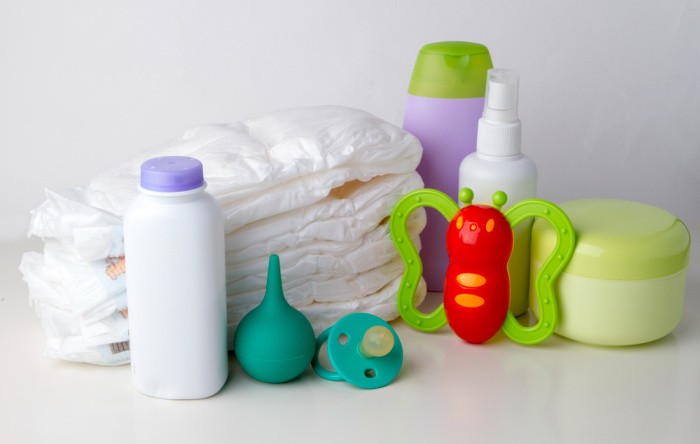

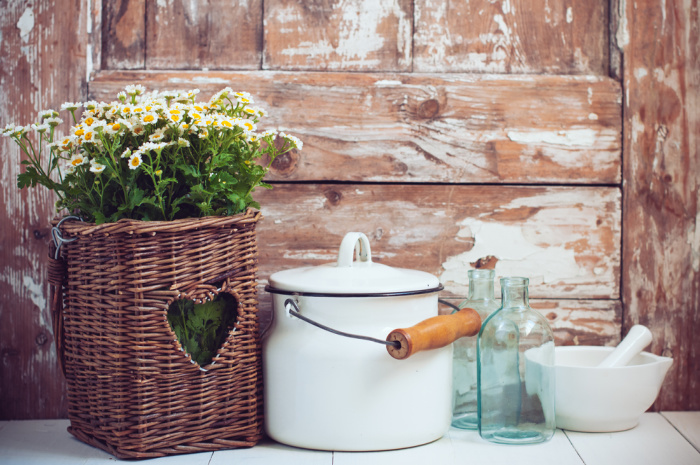
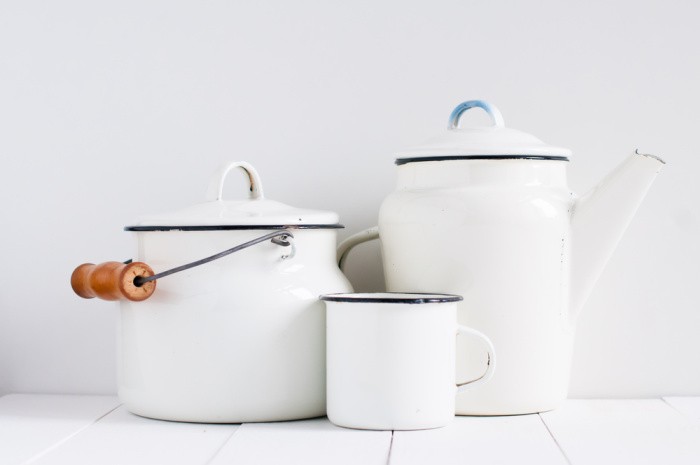
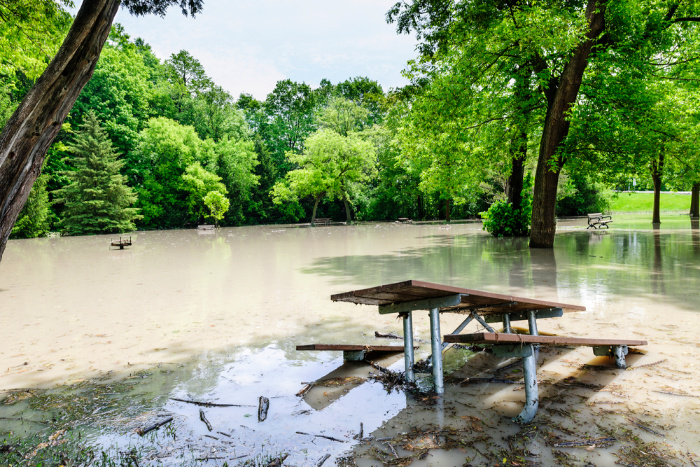


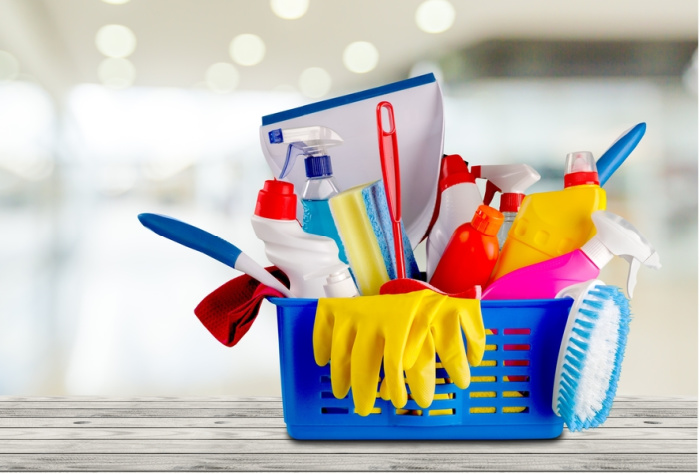

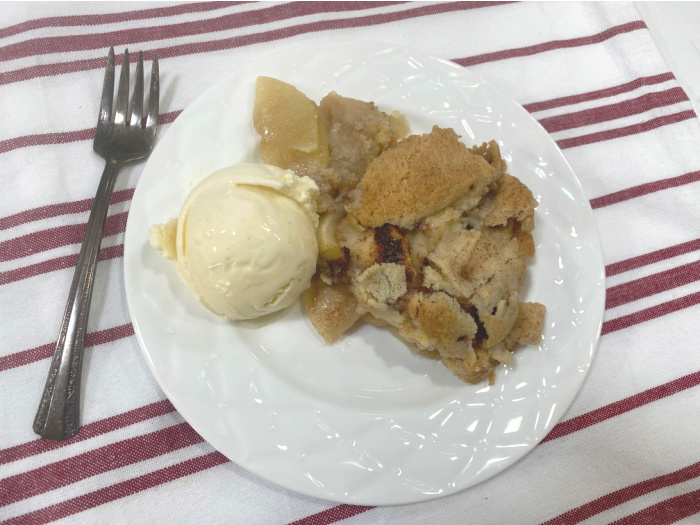
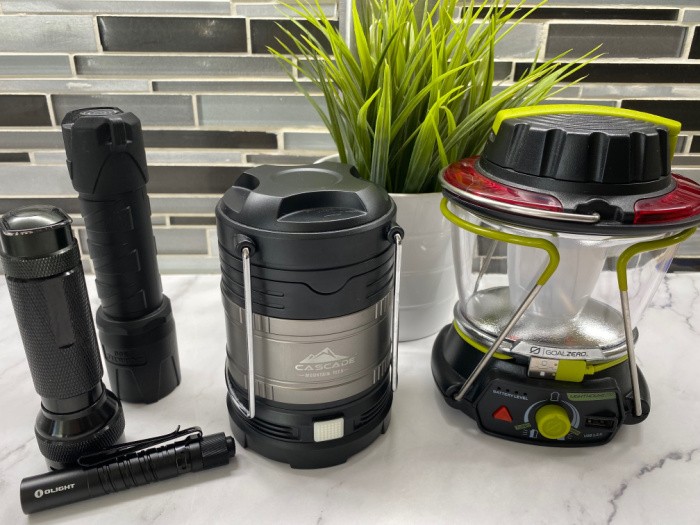
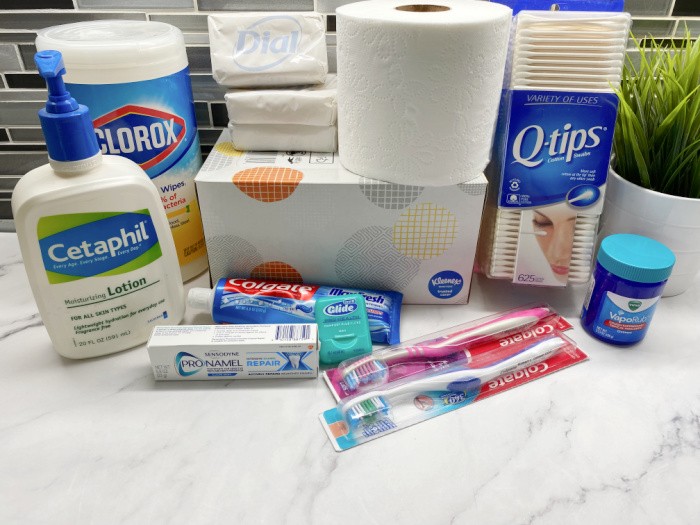
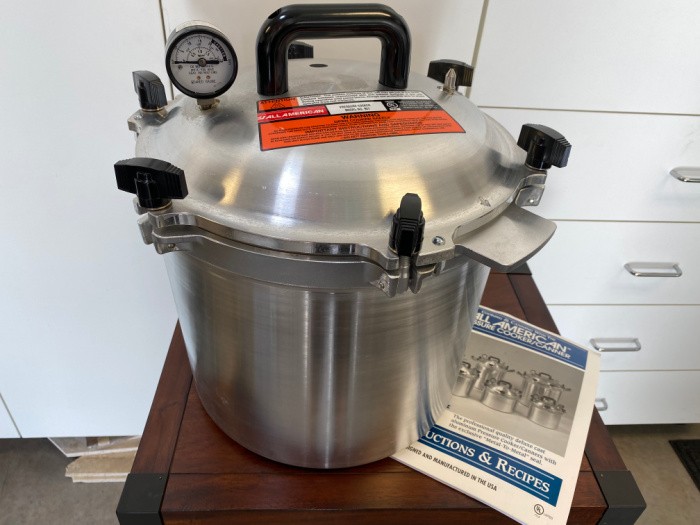
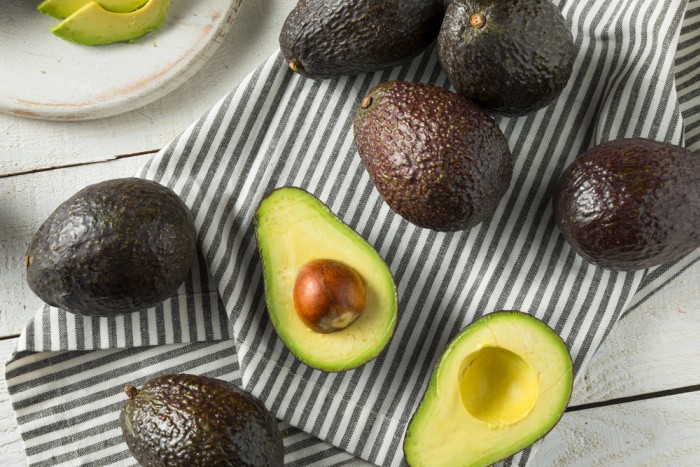
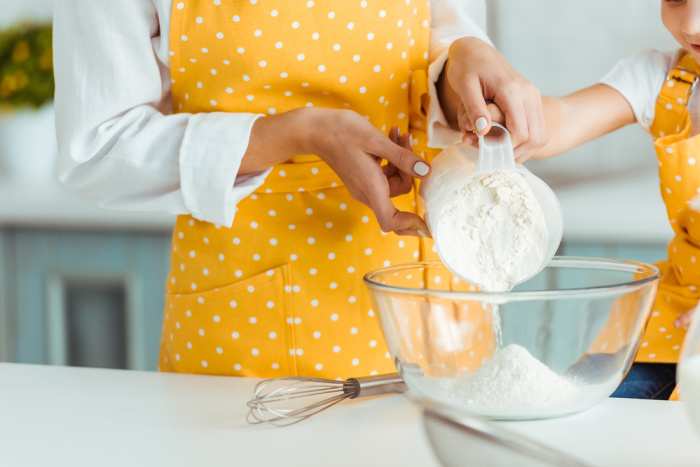

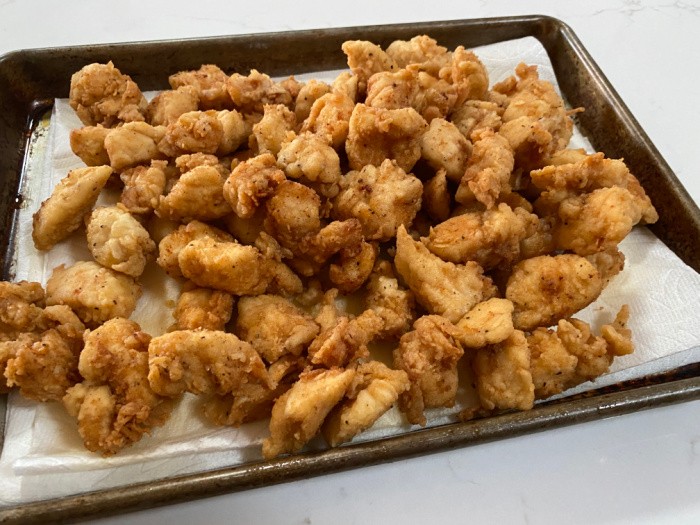
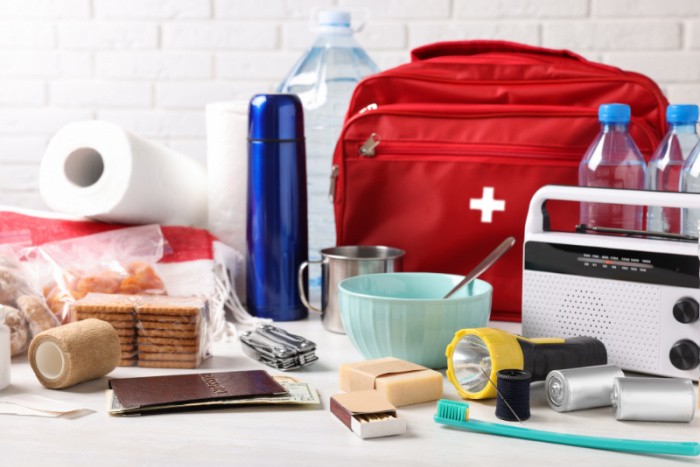
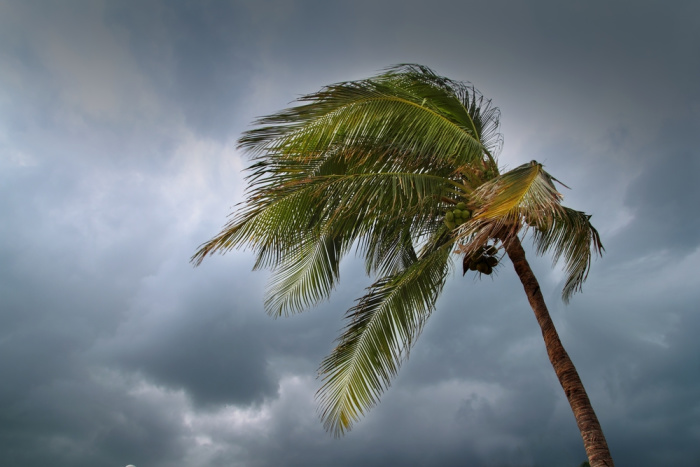
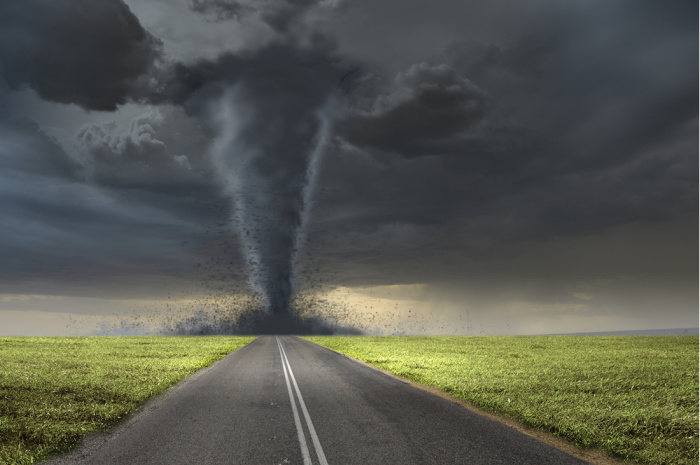

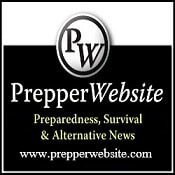
This is a hard one and is a heartbreaker. Seen a lot of infant death and y’all are gonna see it in the current conflict too.
This is a good post and y’all need to take heed because it’s hard to watch when a baby’s hungry or sick and there’s nothing.
Only thing that ever really got to me in the army was seeing the kids. Still bothers me bad
Hi Matt, I never experienced the army, but I can see pictures on the TV right now, and if that doesn’t bother anyone, something is wrong. What is happening in Ukraine can happen here. I hope I’m wrong. Linda
Linda,
Email got through at 11:04 Texas time, so I assume they got it fixed for you. You are so right about it happening here.
Hi Harry, thank you, my friend! I’m praying it works tomorrow!! We had to manually send it. Fingers crossed the bugs are worked out. I do not like techy things. LOL! Linda
Linda, what a timely post. A couple of weeks ago a large amount of Simalic baby formula was recalled. That in itself is an emergency situation.
Did you know you can buy spoons to attach to the food pouches? I found them last fall and bought a package to go in my granddaughter’s stocking. https://amzn.to/3HJuOOl
I don’t have kids or grandkids but I wrote this recipe down to keep just incase something happens
and no one knows what to do I will have this on hand. Thanks for this.
HI June, I don’t have any little ones around me now, but someone may need these items. Good idea to write it down. Linda
Linda, There is a recipe to make infant formula from basic prepping supplies.
..it includes one-third of a adult daily multivitamin, and powdered milk,sugar and coconut/cooking oil. If i remember right it came from the world health organization for babies who lost mothers and no other options.
There were also cases in the depression- My MIL told me about her Dad, feeding a hungry infant…. a mother was unable to breastfeed..(.think she died in childbirth..). and he fed an infant diluted buttermilk, using a corner of a twisted t shirt as a nipple. The baby lived..
Hi Denise, wow, thanks for sharing that story!!! This is what scares me with people who have not prepared for the best or worst scenarios. Your comment will help people look for a recipe they feel safe using if need be. We must have one that we feel we can make and have the contents. Good one! Linda